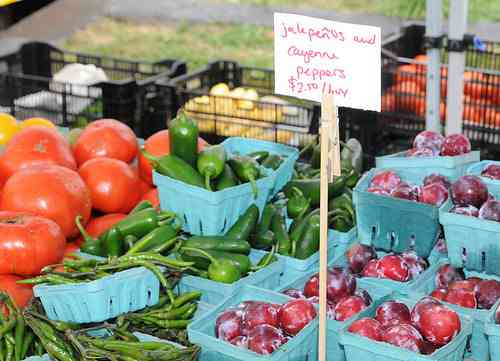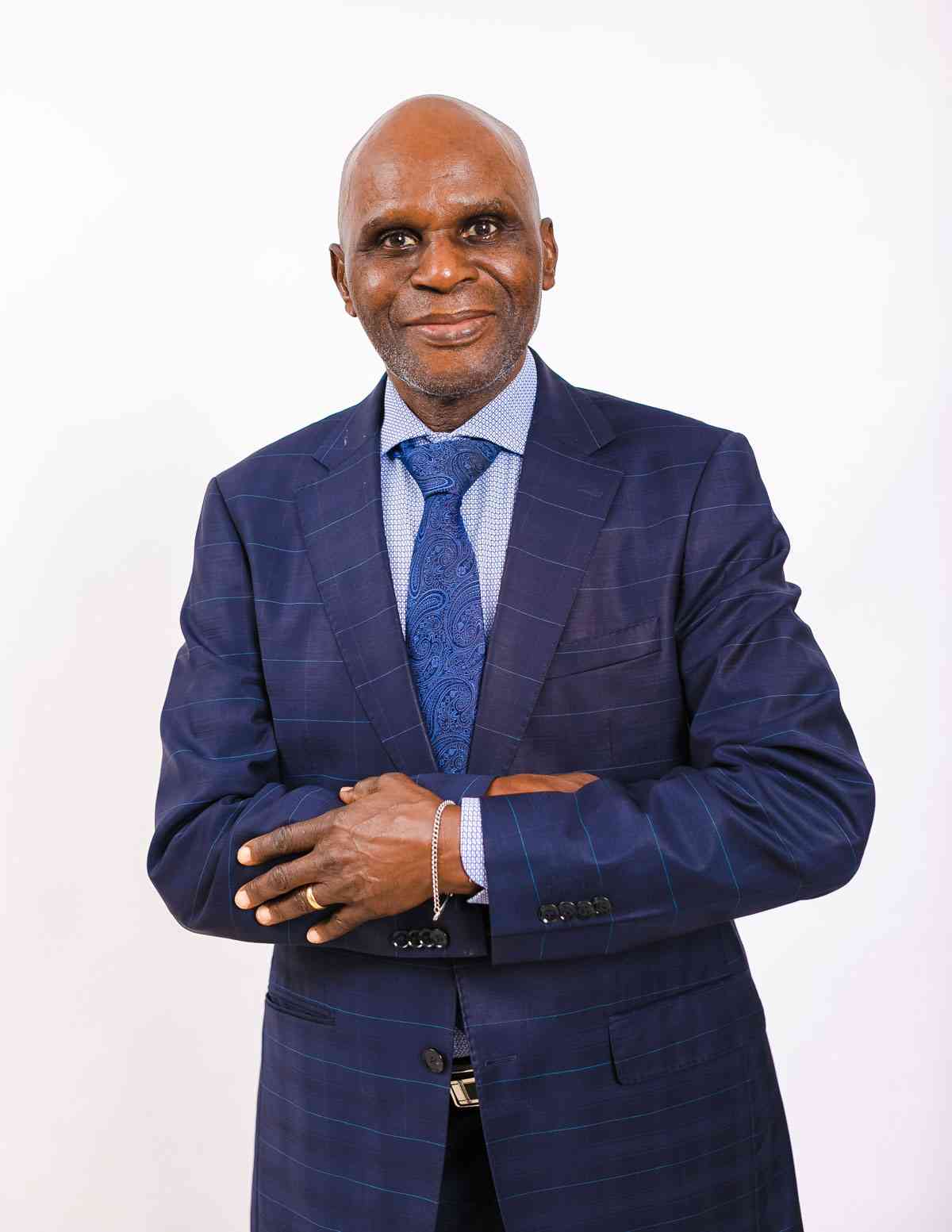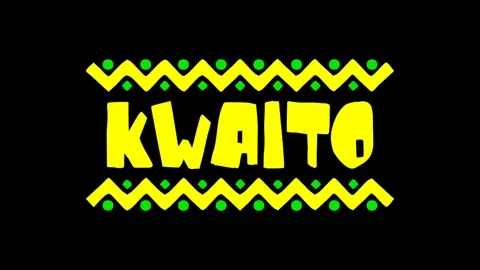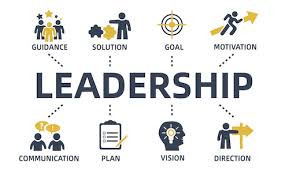
IN most African countries, every household is an enterprise especially through trading or selling something.
Either households produce something and sell, buy and sell something or work and buy something for sale.
The way some manufacturers produce raw materials for sale is the same way many rural African communities produce and sell diverse commodities.
Farmers are entrepreneurs who produce natural products that are bought by traders in territorial markets who are also entrepreneurs of their own kind.
It is in all these categories that the Africanness of enterprises is found.
While some produce and sell raw materials, others produce, add value and sell.
Some harvest natural products from the forests and sell them.
All these are sources of livelihoods.
- Ex-UK envoy roasted over ED links
- Business opinion: Branding in the age of entrepreneurship and industrialisation (Part 22)
- Business opinion: Branding in the age of entrepreneurship and industrialisation (Part 21)
- Business opinion: Branding in the age of entrepreneurship and industrialisation (Part 20)
Keep Reading
As entrepreneurs, farmers are part and parcel of territorial markets
While diverse African entrepreneurs including farmers can be found in territorial markets, in supermarkets and other formal markets farmers who are the main manufacturers of raw commodities are often missing in supermarkets as their commodities assume new ownership.
The Africanness of agricultural entrepreneurship is also visible in how farmers start their enterprises by meeting household food needs first before taking surplus to the market.
The extent to which households are inclined to business is also seen in intricate relationships between business units.
For instance, when a household that keeps cattle for draught power uses cattle to produce 20 tonnes of groundnuts, that gives birth to a new business unit around groundnuts because there is no way the household can consume the whole quantity of groundnuts.
Need to move away from colonial definition of enterprises
Whereas colonialist define an enterprise as belonging to a sole trader, African definitions realise that there is no way an individual can be a sole trader when that person belongs to a family with family members who also contribute to the enterprise in various ways.
More than 70% of African household enterprises are attached to fathers and mothers.
Children and other family members also belong to the enterprise.
The African definition of entrepreneurship recognises the fact that in a normal society, there is no way the source of income for the household can be separated from the business revenue.
That is why most African policymakers are having a hard time trying to reduce unemployment.
The policymakers have failed to recognise household enterprises that are growing, preferring to focus on promoting corporates whose numbers are dwindling in ways that reduce tax for governments.
Towards African definition of sustainability and the power of data
There is no longer any doubt that micro, small and medium enterprises are increasingly driving most African economies but absence of full recognition from governments imply they continue to be part of the underground economies whose operations governments cannot master.
Several African territorial markets which started with less than 500 entrepreneurial traders have increased to more than 5 000 entrepreneurs still operating within the same space yet governments are reluctant to recognise them.
Some territorial markets like Mbare in Harare have attracted several businesses including non-food enterprises.
How can African countries build sustainable economies if unidentifiable enterprises continue to drive economies?
How can governments help in developing growth pathways for African enterprises when there is no investment in data collection?
When policymakers do not invest in data collection, they will not understand how territorial markets deal with shocks like droughts.
Data collection and full understanding of territorial markets will assist in coming up with African definitions of sustainability or sustainable agriculture.
This is partly because in many African contexts, agriculture cannot be separated from the Africans practising it.
In a rural community, food can only be defined on the basis of people who live in that community.
For instance, in Zimbabwe, Nyanga is about potatoes, Mwenezi is about small grains.
People living in these communities have built a strong knowledge base for their community such that they can easily use their indigenous knowledge systems to predict rainfall patterns without resorting to formal systems of forecasting weather and rainfall seasons.
This is a key part of Africanness.
Importance of recognising traditional leadership
When African traditional leaders are fully recognised and empowered appropriately, they can bring the Africanness of Africa food systems and agroecology.
For instance, chiefs can start driving community seed banks and embed them with cultural aspects such as taking seed to sacred places before planting them.
That is also how indigenous knowledge system can be recognised as a science towards building unique selling propositions for indigenous food.
There is enormous room for use of indigenous science to help young people to see the benefits of consuming indigenous food.
Traditionally, indigenous diets were part of indigenous knowledge system and this can be easily unpacked for the young generation to feel proud about their food as an identity.
It is also time for African policymakers to wake up to the fact that building community resilience is not just about building dams and other infrastructure on the production side because these can be valueless if there is no market for commodities produced using those resources.
Establishing a market and ensuring fair trade is a fundamental part of resilience building and ensuring sustainability.
- Charles Dhewa is a proactive knowledge broker and management specialist











